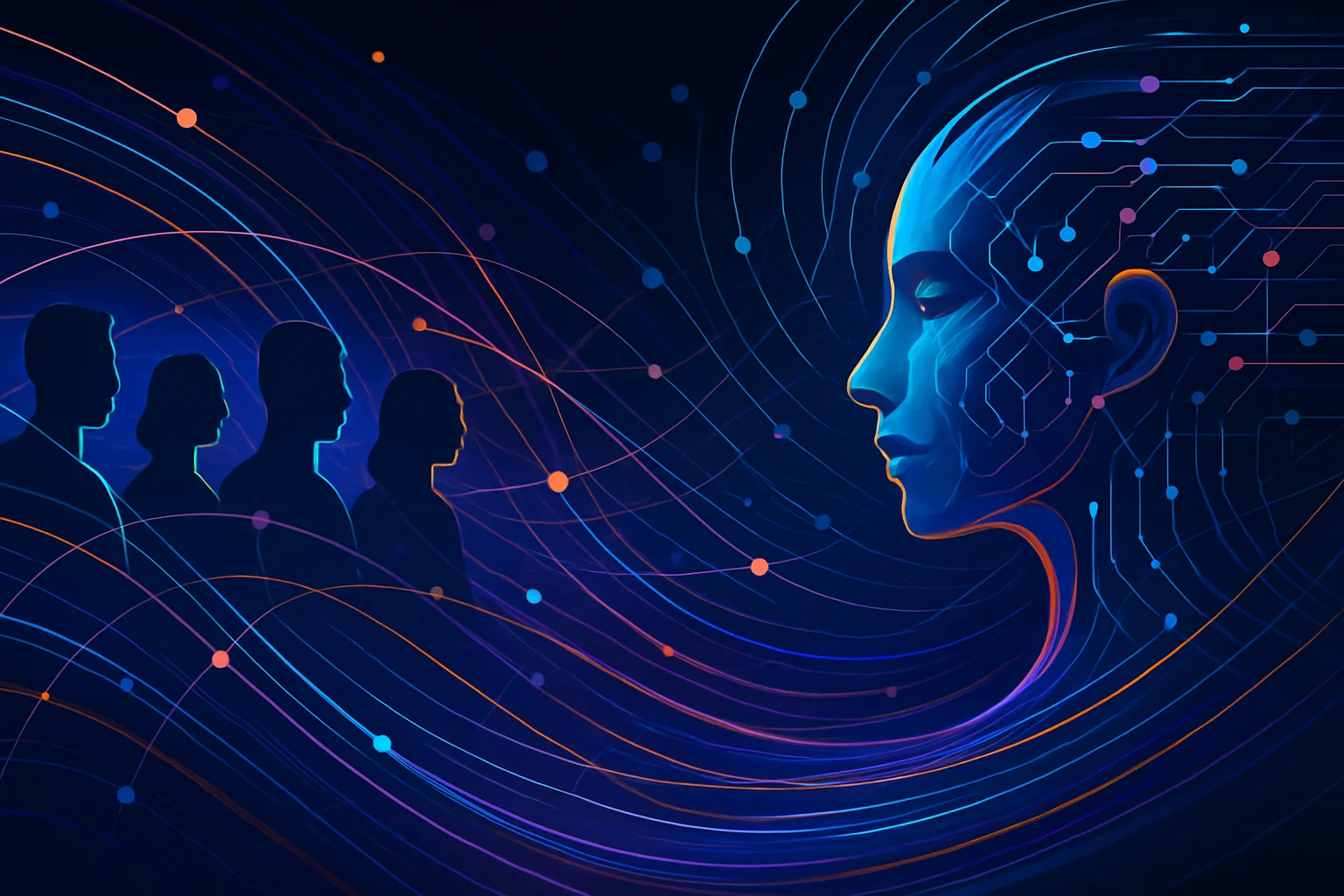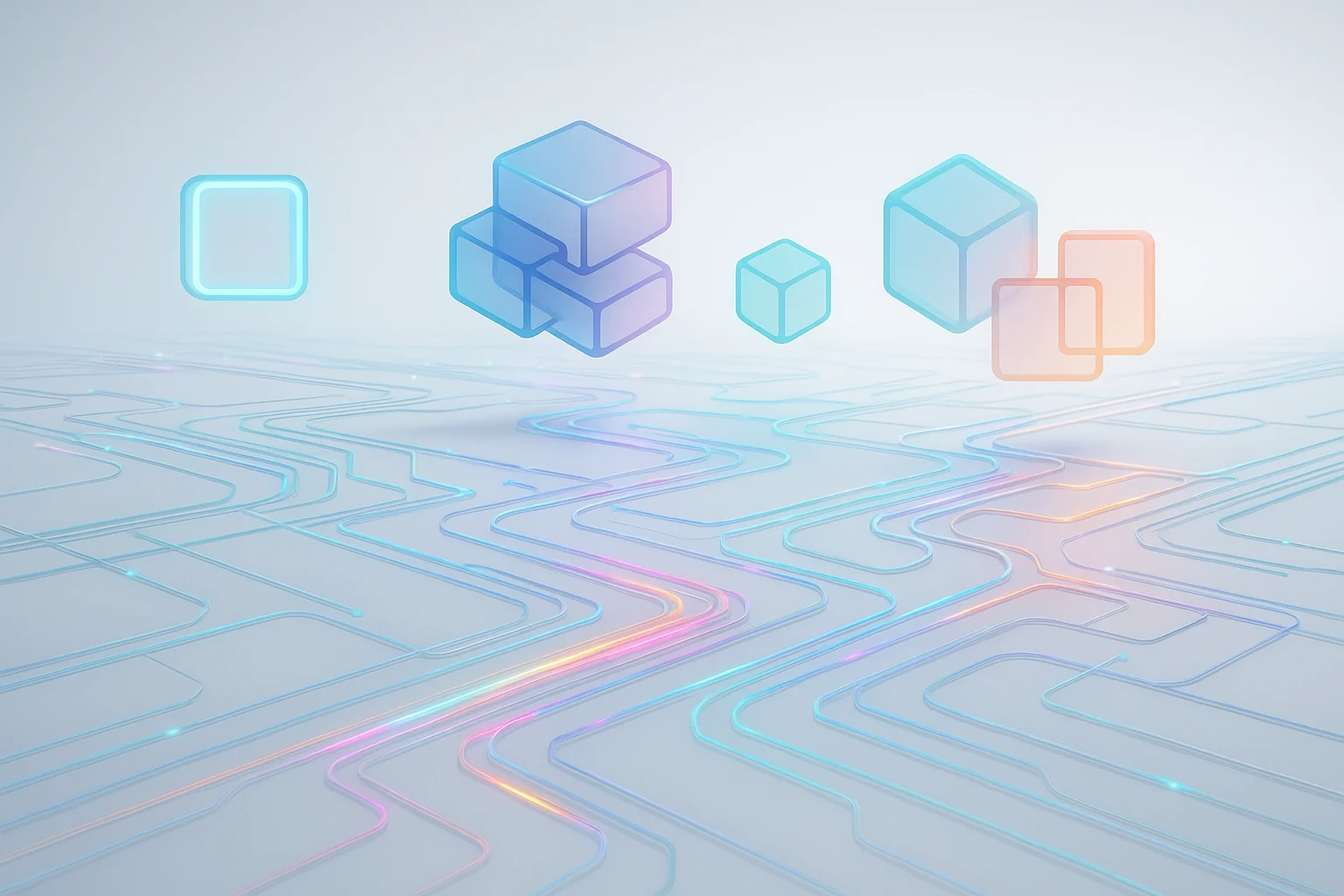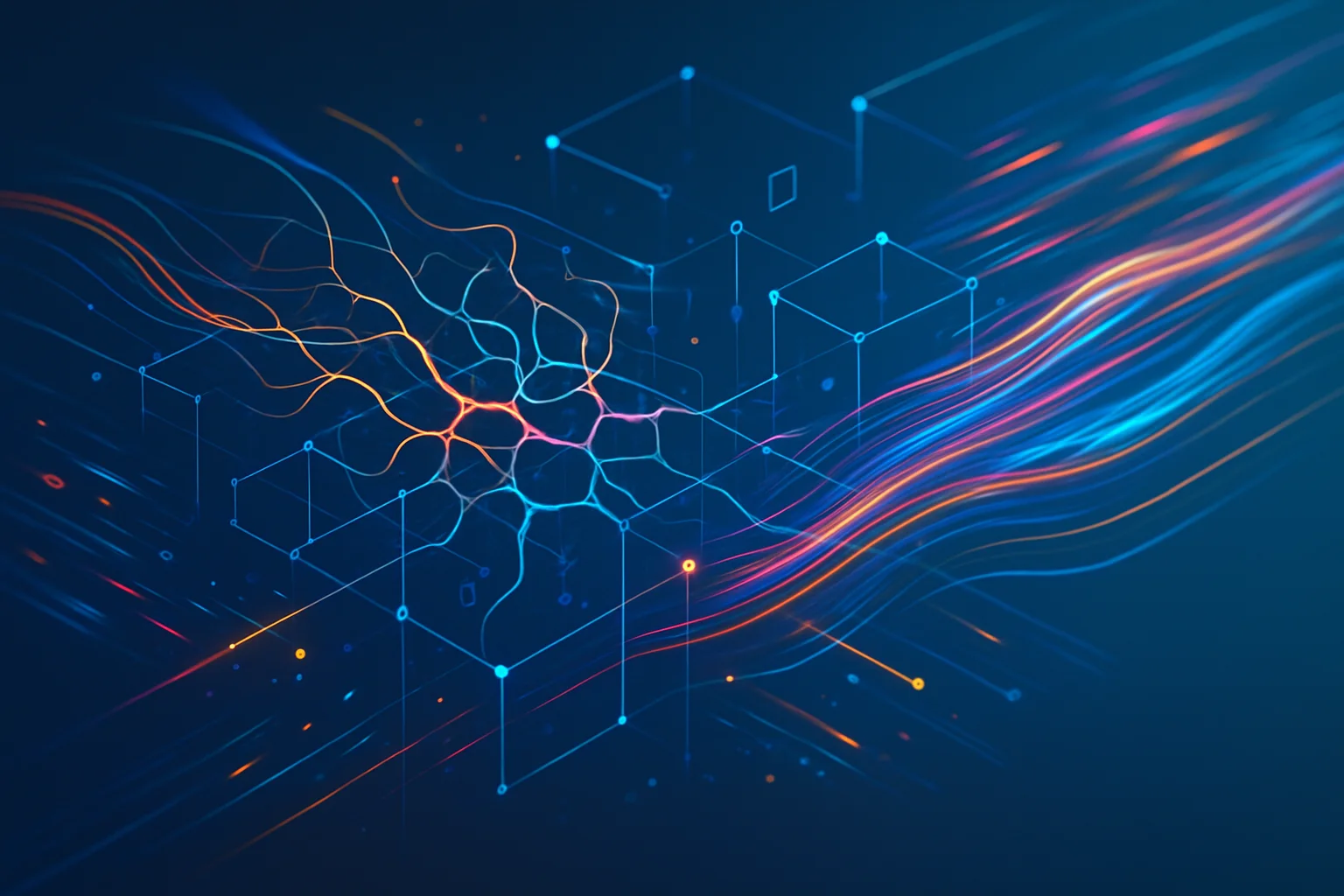In 2025, the concept of being an AI-first company is not just a buzzword—it's a strategic necessity. Companies are not merely incorporating AI into existing frameworks; they are restructuring their entire operations around AI, leveraging autonomous agents and machine-learning loops to redefine their products, workflows, and customer experiences. This shift is crucial as we navigate a landscape where hyper-personalized, conversational experiences are expected by consumers. For a deeper dive into how AI agents are transforming marketing, check out our complete AI marketing agents guide.
What This Article Covers
- Understand the AI-First Mindset: Learn why this approach is a strategic imperative and how it differs from simply being AI-powered.
- Explore the AI-First Maturity Pyramid: Discover a framework for evolving from experimentation to full AI-native operations.
- Identify Key Components: Gain insights into the critical tech stack elements for AI-first operations.
- Practical Use Cases: See real-world scenarios where AI-first strategies are revolutionizing industries.
- Implementation Guide: Follow a step-by-step framework to start your AI-first transformation.
The AI-First Mindset
The core of an AI-first company is a mindset shift. Instead of retrofitting AI into existing processes, these companies start by defining desired outcomes and KPIs, then work backward to determine the necessary data and models. This approach ensures that AI is not just an add-on but the engine driving the business.
AI-First vs. AI-Powered
AI-first companies differ from AI-powered ones by embedding AI at the core of their operations. While AI-powered firms might use isolated tools like chatbots, AI-first organizations redesign their entire structure around AI capabilities, ensuring seamless integration and continuous learning.
The AI-First Maturity Pyramid
Introducing the AI-First Maturity Pyramid, a framework that outlines the stages of AI adoption:
- Experimentation: Sandboxed models are tested in controlled environments.
- Embedded: AI solutions are integrated into specific functions.
- Orchestrated: Multiple agent workflows operate in harmony.
- Autonomous: Closed-loop operations with human oversight ensure efficiency and safety.
Key Components of AI-First Operations
To truly become AI-first, companies need to focus on several critical components:
- Data Fabric & Feature Store: Real-time data pipelines that feed models with high-quality data.
- Model Orchestration Layer: Frameworks and gateways that manage agent interactions and observability.
- Feedback & Reinforcement: Systems that provide real-time metrics to drive continuous learning.
- Governance & Compliance: Robust controls to manage risks and ensure ethical AI use.
- Human-in-the-Loop Interfaces: Mechanisms for AI to escalate complex tasks to human specialists.
Practical Use Cases
Consider these scenarios where AI-first strategies are making a significant impact:
- SaaS Startups: AI agents guide new users through onboarding, personalizing tutorials based on user behavior.
- E-commerce Brands: Dynamic creative agents optimize ad variations and budgets in real-time.
- B2B Marketing Teams: Intent-scouting agents identify and rank prospects, streamlining sales outreach.
How to Implement AI-First Strategies
Step-by-Step Guide
- Conduct an AI-Readiness Audit: Assess data quality, tooling, and organizational structure.
- Select a Pilot Use Case: Choose a high-value, low-risk area to test AI capabilities.
- Build the Data Pipeline: Establish a robust feature store and deploy a prototype model.
- Define KPIs and Feedback Loops: Set up monitoring systems to track performance.
- Validate and Iterate: Measure impact, refine the approach, and expand to other functions.
FAQ
What defines an AI-first company?
An AI-first company designs its products and operations around autonomous AI agents and continuous learning, rather than adding AI to existing processes.
How do AI-first companies differ from AI-powered firms?
AI-first companies integrate AI at the core of their operations, while AI-powered firms use isolated AI tools within existing structures.
What organizational changes are required to become AI-first?
Companies need to redefine their processes, KPIs, and organizational structures to align with AI-driven operations.
How do you measure ROI on AI-first initiatives?
ROI is measured by evaluating the efficiency gains, cost savings, and enhanced customer experiences driven by AI integration.
What are common pitfalls when launching autonomous agents?
Common pitfalls include neglecting governance, underestimating the need for continuous retraining, and failing to manage organizational change.
Conclusion
In 2025, becoming an AI-first company is not just about adopting new tools—it's about reimagining your entire business model around AI capabilities. This shift requires a strategic approach, focusing on continuous learning and integration. If you'd rather have autonomous agents run this entire workflow for you, Gentura can do it on autopilot while you focus on product.
Gentura builds autonomous marketing agents that replace the full expert marketing workflow. Our agents research, plan, write, optimize, publish, and monitor content automatically.
Related Articles

AI Marketing Agents: The Complete 2025 Guide
Discover how AI marketing agents transform strategies with the 5D Framework for 2025. Scale, personalize, and optimize seamlessly.

Why Marketing Teams Are Becoming AI Teams
Explore how marketing teams are evolving into AI teams, integrating AI agents for efficiency and creativity in 2025.

The Future of Content Production (Fully Autonomous)
Explore how fully autonomous AI systems revolutionize content production, enabling high-velocity, quality output at scale.
Ready to Get Started?
Transform your marketing with AI-powered agents. Create content at scale, optimize campaigns automatically, and grow faster.
Get Your AI Agent
